Los Al says ‘willkommen’ to 18 German exchange students
German Exchange Program Part 1: Students from Stuttgart, Germany will stay with Los Al families for a two-week American high school experience
Class presentation at PGH for exchange students on Los Al’s summer trip to Germany in 2017.
October 12, 2022
LOS ALAMITOS, CA — Eighteen students from Paracelsus-Gymnasium Hohenheim (PGH) high school in Stuttgart, Germany will arrive in Los Angeles on Saturday, Oct. 15. They will stay with families of Los Al students for two weeks, attending classes with their host students and learning about American culture.
Los Al has worked with the German American Partnership Program (GAPP) to give Griffins the opportunity to host and visit international students since 1980, for 42 years. Mr. John Hansen, Los Al’s sports medicine teacher, has been in charge of the school’s German exchange program since 2016.
“This is all about relationships. It’s why the program was founded, after [World War II]. The US government and the German government wanted each population to better understand each other’s [countries],” Mr. Hansen said.
The exchange program starts these relationships early – most exchange students are 15 and 16 years old. Germany has a 13th grade where students focus on transferring into the university system, so PGH tries to send individuals from ninth to eleventh grade because they are closer in age to Los Al students.
“We prefer to connect younger grades because it gives you a really good opportunity to continue that relationship while you’re in high school,” Mr. Hansen said.
Los Al visits PGH for two weeks in the summer. Any student who hosts a German student is eligible to travel to Germany. Students can participate in the program every year, including their postgraduate summer. Mr. Hansen recalled past Los Al exchange students who, years later, returned to Germany to stay with their host families again.
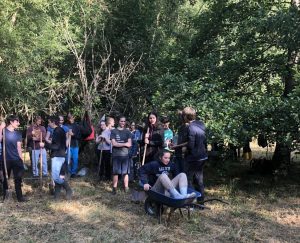
Previously, Los Al sent students to Germany every two years, but Mr. Hansen would like to make the program annual. 2019 was the last trip before COVID, and the next trip will be the summer of 2023, right after school ends.
The German students used to visit during spring, but started coming in October so they could experience fall and Halloween. Host families will try to host a Halloween gathering, and some students are looking forward to Knott’s Scary Farm because there’s nothing like it in Stuttgart.
Mr. Hansen said that weather and the fall “vibe” was also a factor. Stuttgart’s average fall temperature is around 50 degrees, so when the PGH students visit here, the weather is a little different from home, but it feels like fall and they still get a bit of Southern California warmth.
“Those two weeks are very loaded,” Mr. Hansen said. “They go on a camping trip to Joshua Tree and spend the night there camping. They get to do rock climbing. They’ll be going to the Homecoming game and they’re super excited about that.”
German high schools differ from American high schools in that they are more academically focused and place less emphasis on athletics and arts. Mr. Hansen added that the students stay in one classroom, and the teachers move in and out instead.
While at Los Al, the PGH students shadow their host student to their classes or hang out in the quad to catch up and enjoy the sun. Classes also set up presentations and conversation topics like German politics, music, and entertainment so the German students can practice their English and bond with Los Al students.
“When they come here, their English is more like your traditional, Grammarly, correct English. So it’s cool for them to be able to say things like, ‘chill,’” Mr. Hansen said.
Los Al families do not have to speak German to be host families because all the German students speak English. Mr. Hansen explained that he and the German program coordinator sent out a questionnaire and pair exchange students with host students based on common interests. They also consider what would make a connection challenging, like an exchange student with a pet dander allergy matched with a host family with a dog.
GAPP allows students to host the opposite gender as long as they have their own room. Or for example, if a male student is hosting a female student, she can share a room with the host student’s sister if she has a separate bed.
Host families provide housing and meals for their students during their stay, but fundraising opportunities can cover extra costs like airfare and hotels for when they visit other cities.
Mr. Hansen’s hope is that international study becomes a common program at Los Al. Students from Denmark visited Los Al last spring, and the school is trying to host them again next spring. There are also other international students who come to Los Al and Los Al students who study abroad through programs other than GAPP.
“You get to know who they really are,” Mr. Hansen said. “And that gets rid of your stereotypes, that helps develop long term relationships, it helps develop friendships… When we’re able to engage with each other, we create relationships. [When] we’re able to live in each other’s space, we really create relationships. And I think that is really important.”

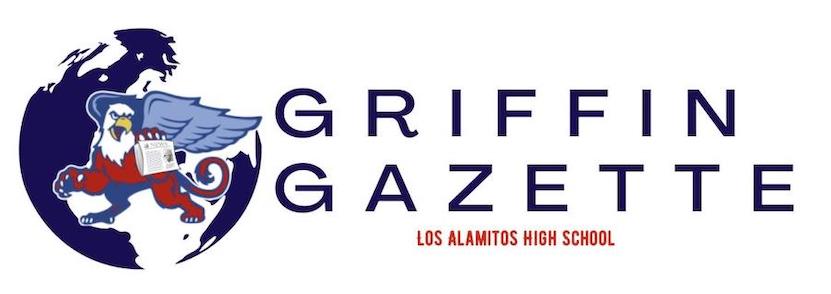
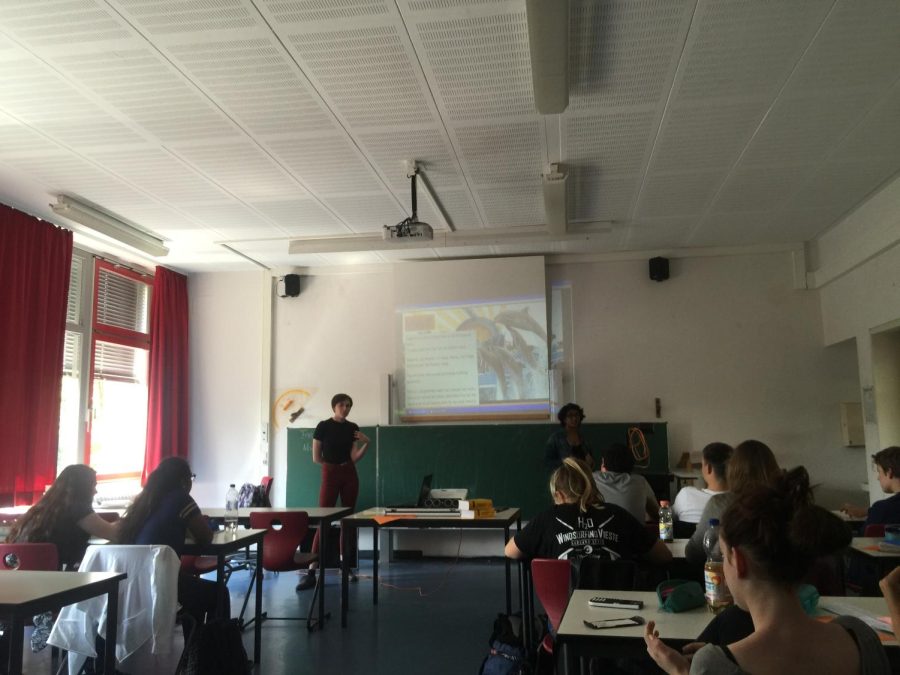
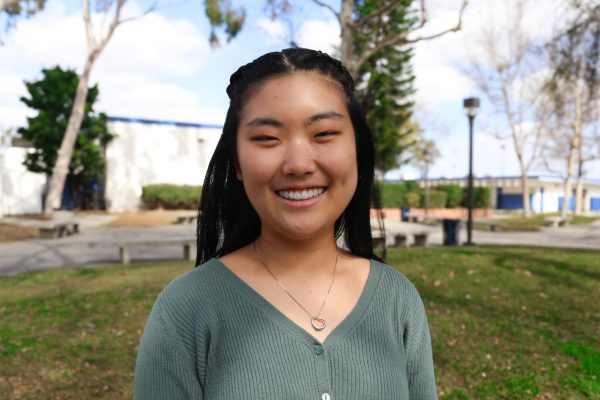

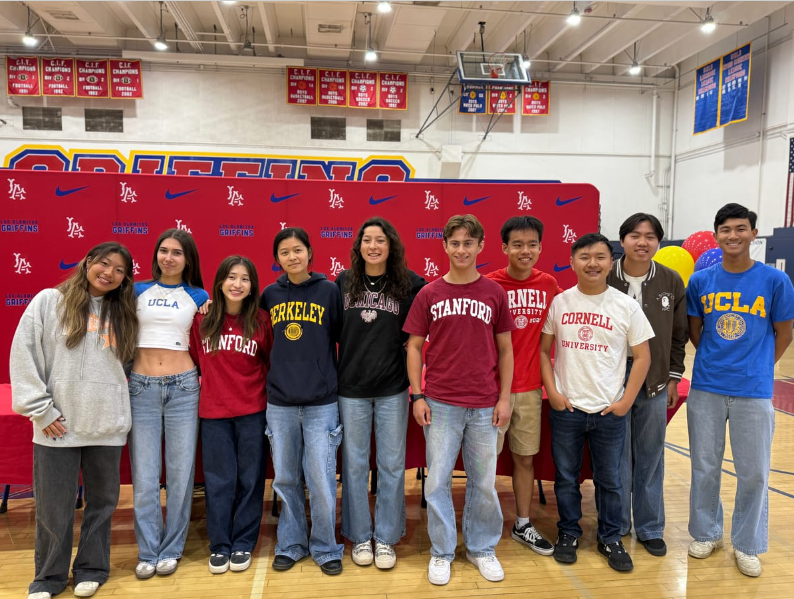

Isabella Gasper • Oct 17, 2022 at 10:19 pm
This is amazing! I had no idea the lengths our school goes to connect with students from around the world and make them feel so welcome. Great job with this article!
Alicia Tan • Oct 13, 2022 at 1:33 pm
This is a great article!! I always knew the students came, but I didn’t know anything about what a big process it is and how much thought is put into pairing students up. Also, great quotes!!